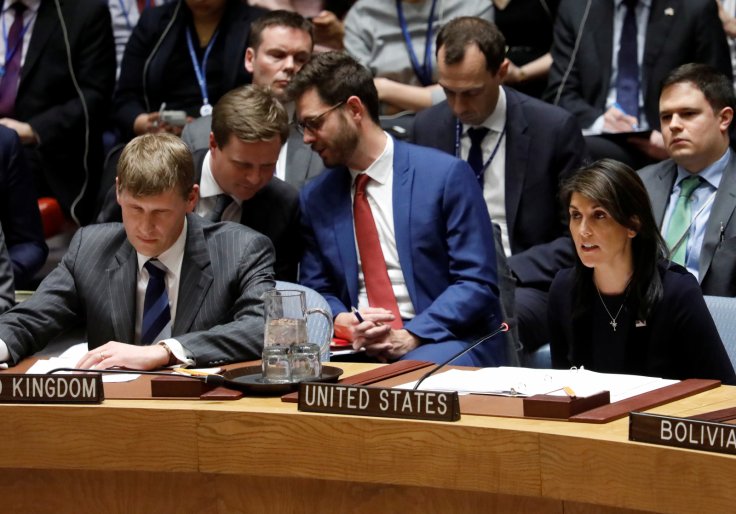
Russia on Saturday announced expulsion of 23 British diplomats in a tit-for-tat response to Britain's decision to expel Russian envoys in connection with the poisoning of a former Russian double agent and his daughter in the UK.
"Twenty three British diplomats have been declared persona non-grata and will be expelled within a week," Russia's Foreign Ministry said in a statement after the British Ambassador to Moscow Laurie Bristow was summoned.
The Ministry also revoked its agreement on opening and operation of the UK Consulate General in St. Petersburg, according to the statement. A source in the Ministry told Sputnik news agency that the UK side would get the necessary time for closing the facility.
It also said it would close the British Council in Russia, which promotes cultural ties between the nations.
The move came in response to Britain's decision to expel 23 Russian diplomats, described by UK Prime Minister Theresa May as "undeclared intelligence officers", over the Salisbury incident on March 4 which the UK government blamed on Russia.
Former Russian spy who became a double agent for Britain, Sergei V. Skripal, 66, and his daughter Yulia, 33, remain critically ill in hospital after they were found unconscious on a bench in the Wiltshire city.
Skripal, who is a retired Russian military intelligence officer, was jailed for 13 years by Russia in 2006 for spying for Britain.
The UK government said they were poisoned with a nerve agent of a type developed by Russia called Novichok and May said she believed Moscow was "culpable".
Russia, which denies any involvement in the incident, condemned May's decision to expel Russian envoys as "unacceptable" and had vowed a "swift response".
On Friday, Britain's Foreign Secretary Boris Johnson said it was "overwhelmingly likely" that Russian President Vladimir Putin had ordered the nerve agent attack.
Meanwhile, Russia's Investigative Committee said it had launched its own criminal proceedings in connection with the "attempted murder of a Russian citizen, Yulia Skripal" in Salisbury.
(IANS)









